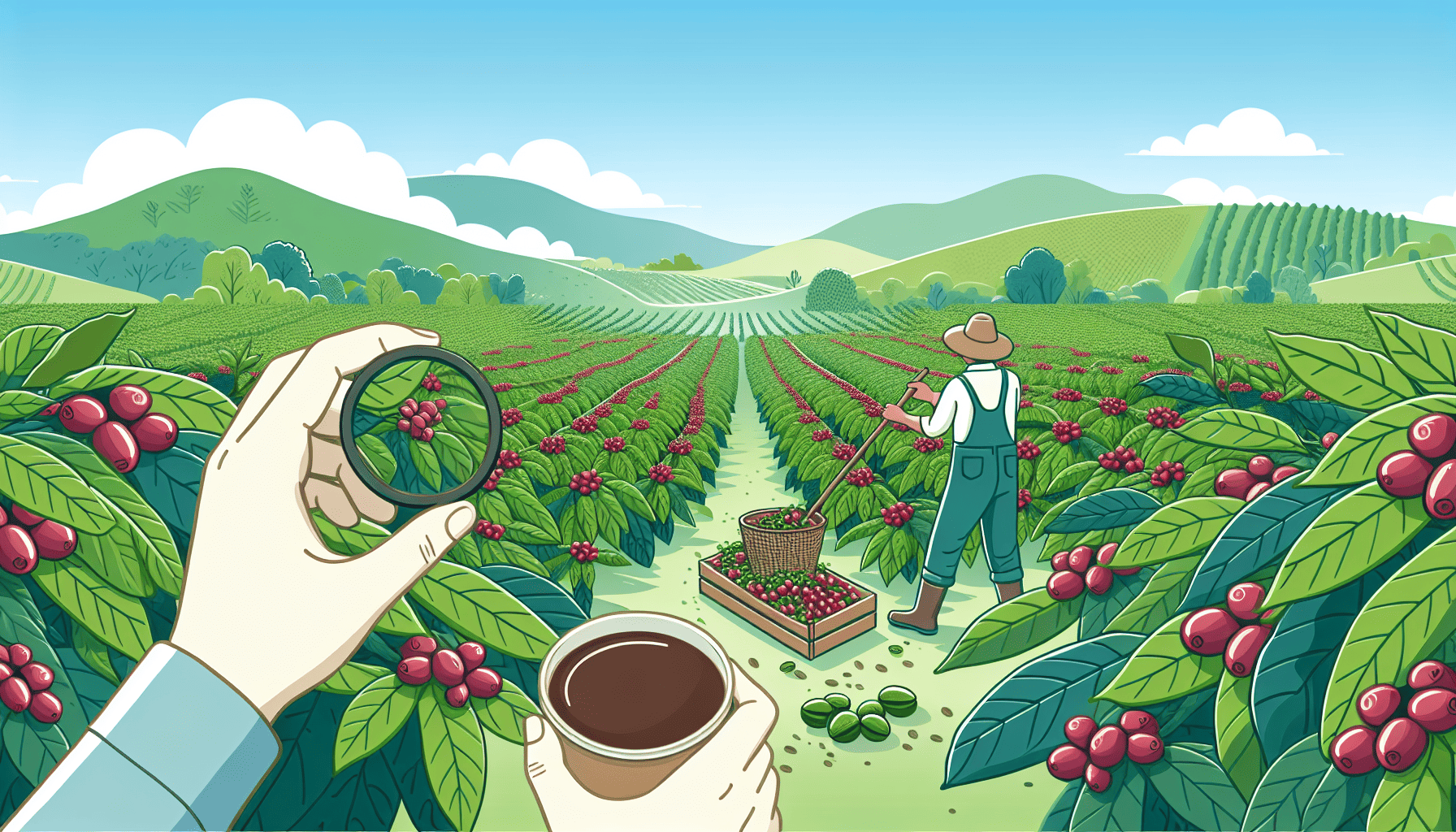In today's world, where environmental concerns and ethical practices are at the forefront of consumer consciousness, sustainable sourcing has become a critical aspect of business operations. For companies involved in the coffee industry, ensuring that beans are sourced ethically and sustainably is not only a moral obligation but also a business imperative as consumers increasingly prioritize products that align with their values. Here, we delve into the approaches and practices employed to ensure the beans we use are sourced responsibly and sustainably.
The journey of sustainable coffee sourcing begins at the farm level. We work closely with farmers, often forming long-term partnerships that go beyond mere transactions. These relationships are built on mutual respect and understanding, ensuring that farmers receive fair compensation for their hard work and can invest in their communities. By advocating for fair trade practices, we ensure that farmers are paid equitably, which empowers them to maintain sustainable farming methods and improve their quality of life.
An essential component of sustainable sourcing is supporting farming practices that are environmentally friendly. We encourage and educate farmers on methods that preserve natural resources and reduce the carbon footprint. Shade-grown coffee is one such practice, where coffee plants are cultivated under the canopy of native trees. This approach not only conserves biodiversity by providing habitats for wildlife but also enriches the soil and reduces the need for chemical fertilizers and pesticides.
Furthermore, water management is a critical focus area. Coffee is a water-intensive crop, and water scarcity is an ever-growing concern. Implementing efficient irrigation systems and adopting water-saving technologies help in conserving water. Additionally, by processing coffee cherries with eco-friendly methods, we aim to minimize water pollution.
Traceability is another cornerstone of our sustainable sourcing efforts. From the farm to the cup, we strive to create a transparent supply chain that allows us to trace the origins of our beans. Blockchain technology is increasingly being used to ensure this transparency, providing consumers with detailed information about the journey of their coffee. This transparency not only builds trust but also enables us to uphold high standards of ethical and sustainable practices throughout the supply chain.
Sustainability also involves reducing waste and finding innovative uses for coffee by-products. We are committed to minimizing waste at every step of the coffee production process. For instance, coffee husks can be repurposed as fertilizer or as a biofuel source, while old coffee grounds can be used in a variety of applications, from composting to skincare products. By closing the loop, we aim to develop a circular economy model that reduces the overall environmental impact.
Consumer education plays a crucial role in our sustainable sourcing efforts. We believe an informed consumer is an empowered one, capable of making choices that support ethical and sustainable practices. Through educational materials and awareness campaigns, we aim to foster a deeper understanding of the importance of sustainable sourcing and encourage consumers to join us in our efforts to promote environmental stewardship.
Ultimately, sustainable sourcing is about more than just securing high-quality beans—it is about preserving the planet for future generations and respecting the communities who cultivate and provide these precious resources. By embracing sustainable practices and remaining steadfast in our commitment to ethical sourcing, we strive to be a force for good in the coffee industry, creating a ripple effect that benefits not only our partners but also the world at large. With every cup, consumers can make a difference, knowing that their choices contribute to a more sustainable future.
